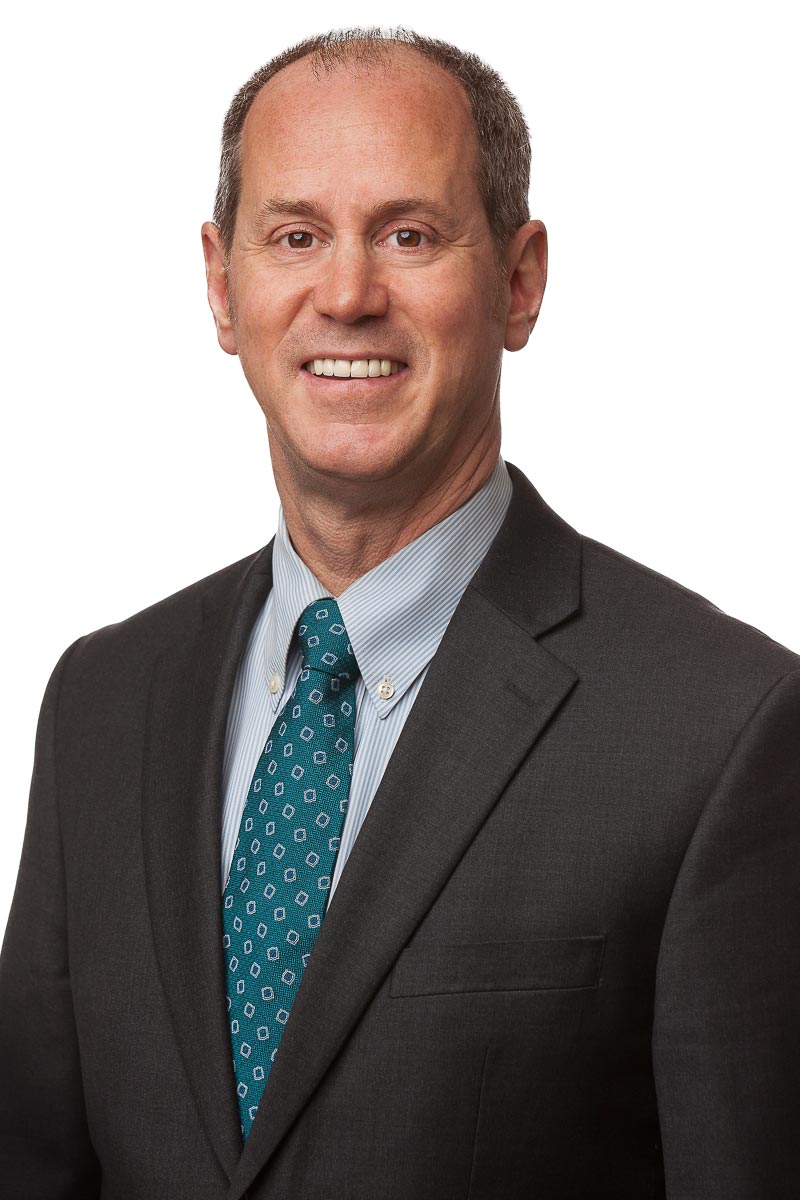
A Greener Future: Innovative Ideas and the Future of Sustainability in New York
Written by Rich Kassel, Executive Vice President, Capalino
Mark Twain once wrote, “A man with a new idea is a crank until the idea succeeds.” With the launch of our new newsletter, Green Space, we hope to highlight some of the more exciting ideas emerging in the New York energy, environmental, and sustainability space, in the hope that doing so will help them succeed.
Over the past decade, many new ideas have shifted from the realm of “crank” to the realm of “success.” Two prime examples include:
- Clean diesels: Notwithstanding the scandal surrounding Volkwagen’s diesel cars, today’s trucks, buses, construction equipment, trains, and marine vessels are more than 90 percent cleaner than the models they replace, thanks to the emergence of ultra-low sulfur fuels and new catalyst and filter technologies that remove asthma-inducing pollution from exhaust. The EPA rules that ushered in these changes are eliminating more than 20,000 premature deaths every year—and if we add in U.S.-led international programs to clean up ocean-going ships, we are on a path to eliminate roughly 50,000 premature deaths and $300 billion in health costs in the US every year by 2030.
- Cost-effective renewable energy: Two-thirds of new power added to the world’s grids last year, according to the International Energy Agency. Here in the U.S., wind capacity in 2020 is projected to be nearly triple what it was in 2010—and now represents more than a quarter of all new added energy capacity nationwide. Over the last decade, solar energy has grown nearly 60% annually, thanks to advances in solar panel technology that have increased efficiency and decreased the price of solar installations.
Looking ahead, I see two emerging ideas that are poised for success:
First, we are just starting to see the emergence of machine-learning and artificial intelligence in the pursuit of energy, environmental, or sustainability goals. One Concern, the start-up based in Palo Alto that will be highlighted in our first issue of The Green Space, is using “AI” to completely rethink how cities and states can plan for, and respond to, the extreme storms that are increasingly hitting our communities. By aggregating a staggering amount of data about the natural and built environment, One Concern can predict where damage is likely to have occurred, within minutes of a storm surge or other catastrophic weather event. By providing hyperlocal, near-real time insights on the spread of damage—and then calculating the related social and economic costs—One Concern is able to help decision-makers to take smarter steps before, during, and after catastrophic weather events that will be increasingly common, due to climate change.
Second, we are on the cusp of a new regional approach to reducing greenhouse gas emissions from the transportation sector. In the absence of national leadership, a group of eleven mid-Atlantic and northeastern states (including New York) and the District of Columbia have begun the process of developing a multi-state approach to transportation. Taking a page from the Regional Greenhouse Gas Initiative (RGGI), which has helped states successfully collaborate on energy efficiency and clean energy issues, and has generated $1.4 billion in new economic benefits over the past three years, the Transportation and Climate Initiative aims to bring these jurisdictions together to improve passenger and freight transportation and reduce transportation-related pollution. Given that transportation is now the largest source of greenhouse gas emissions, this is an area worth watching for anyone interested in the rollout of electric cars, trucks, and buses and the charging infrastructure for those vehicles, the growth of renewable diesel or other fuels for the millions of vehicles that will not be electric, improvements in freight efficiency within cities and between cities, and new approaches to building sustainable communities.
Not long ago, each of these ideas was far from mainstream. But just as ultra-low sulfur diesel fuel and cost-effective renewables have become mainstream, watching these new ideas evolve and mature provides an exciting window into how New York may meet its future energy, environmental, and sustainability goals.
 Capalino works with companies and non-profit organizations to develop and implement low-emission, sustainable business strategies, and to facilitate the adoption of innovative building, energy, resiliency, solid waste, transportation, and water technologies, products, and projects.
Capalino works with companies and non-profit organizations to develop and implement low-emission, sustainable business strategies, and to facilitate the adoption of innovative building, energy, resiliency, solid waste, transportation, and water technologies, products, and projects.
For more information on our Energy, Environment + Sustainability Services, contact Rich Kassel at Rkassel@nullcapalino.com or 212-616-5822.
Energy, Environment + Sustainability Services
Get The Latest From Capalino! Sign up for our free weekly newsletter for a roundup of top news and appointments from New York City and State government straight to your inbox every Friday. Click here to subscribe to Affairs+Appointments.



